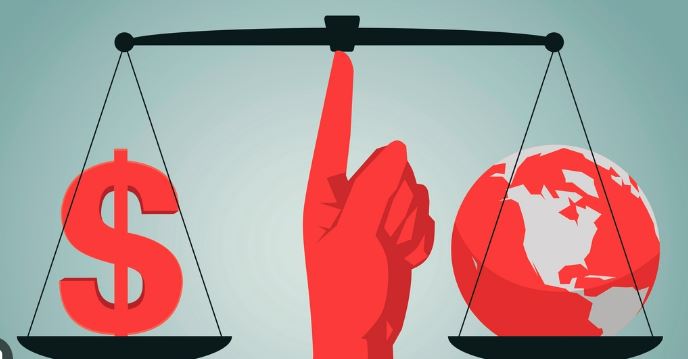Poverty can create a vicious cycle that is difficult to escape. Limited access to resources, lack of opportunities, and a lack of knowledge on financial matters all contribute to the perpetuation of poverty. However, there is a powerful tool that has proven effective in breaking this cycle – financial education. By providing individuals with the knowledge and skills needed to make informed financial decisions, financial education can empower them to take control of their finances and pave the way towards a brighter future. In this post, we will explore the crucial role of financial education in breaking the cycle of poverty.
1. Enhancing financial literacy:
Financial education equips individuals with the knowledge and understanding they need to navigate the complex world of finance. By learning about budgeting, saving, investing, and managing debt, individuals can make informed decisions that align with their long-term goals. Financial literacy empowers individuals to better manage their finances, allowing them to break free from the day-to-day struggle of living paycheck to paycheck.
2. Encouraging a culture of saving:
One of the major factors contributing to poverty is the absence of savings. Financial education plays a pivotal role in promoting a culture of saving. Individuals who receive financial education are more likely to understand the importance of saving for emergencies, investments, and future expenses. This newfound knowledge allows them to establish savings habits, build an emergency fund, and work towards financial security. By breaking the paycheck-to-paycheck cycle, individuals can start climbing the ladder towards economic stability.
3. Fostering entrepreneurship:
Financial education not only enables individuals to better manage their personal finances but also sparks entrepreneurial ambitions. By understanding basic financial principles, aspiring entrepreneurs are equipped with the essential skills to start and run successful businesses. Financial education cultivates an entrepreneurial mindset, teaching individuals about business planning, budgeting, obtaining funding, and managing cash flow – all critical components of starting and sustaining a business. Entrepreneurship offers a pathway out of poverty, creating opportunities for financial independence and a better quality of life.
4. Empowering informed decision-making:
Many individuals living in poverty fall victim to predatory lending, scams, and expensive financial products. Financial education empowers individuals to make informed decisions and avoid falling into these traps. By understanding concepts such as interest rates, credit scores, and financial institutions, individuals can avoid high-cost borrowing and choose financial products that align with their needs and goals. This newfound knowledge is invaluable in breaking free from the cycle of poverty and achieving long-term financial stability.
Conclusion:
Financial education is a powerful weapon in the fight against poverty. By arming individuals with the knowledge and skills to make informed financial decisions, it empowers them to break free from the cycle of poverty. Through enhanced financial literacy, a culture of saving, fostering entrepreneurship, and informed decision-making, financial education provides individuals with the tools they need to create a better future for themselves and their families. Governments, nonprofits, and educational institutions must recognize the importance of prioritizing and expanding financial education initiatives to create a lasting impact on poverty alleviation. Together, we can break the chains of poverty and build a more financially inclusive and prosperous society.




